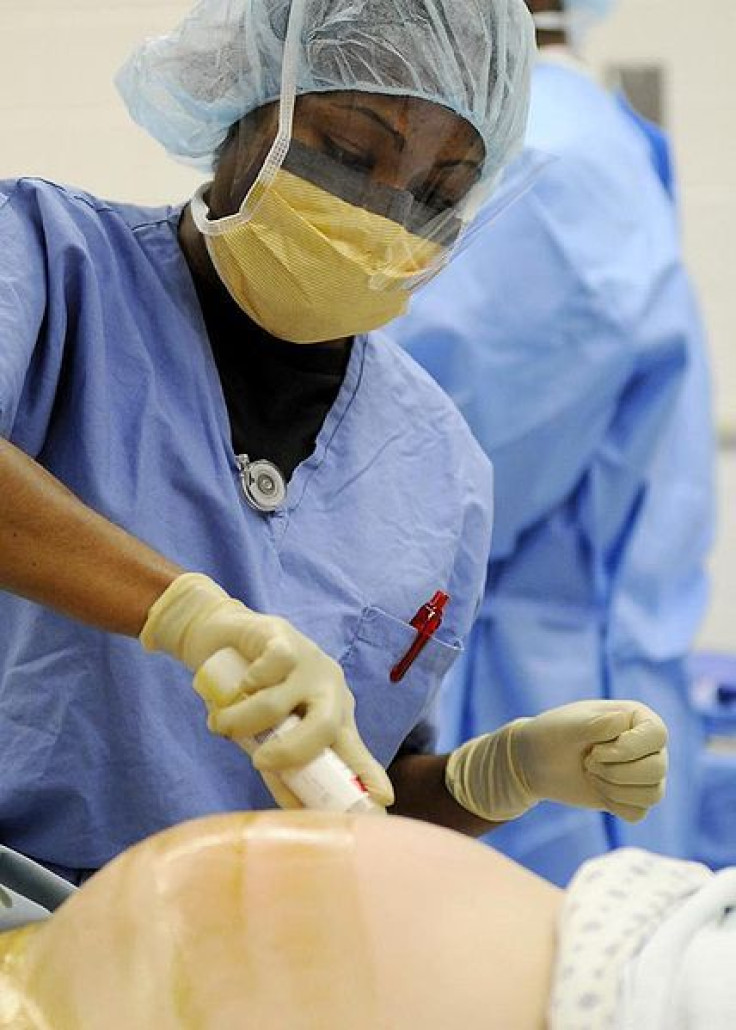IVF Babies 33% More Likely To Have Childhood Cancer; Could Fertility Treatment Be To Blame?

Couples who choose to conceive a baby via in vitro fertilization (IVF) may increase their offspring’s likelihood of developing childhood cancer by a third, according to a recent study. Danish researchers sought out to investigate the association between IVF and childhood cancer to determine if fertility treatments put children at a higher risk for the disease. For the study, the researchers reviewed 25 studies from 12 developed countries including the United States, the United Kingdom, Denmark, France, and Israel. These studies were conducted between 1990 and 2010.
The researchers discovered that IVF babies had a 33 percent increased risk of childhood cancer, a 65 percent risk of leukemia, and a 88 percent risk of developing a form of brain cancer.
"The results of the largest meta-analysis on this topic to date indicate an association between fertility treatment and cancer in offspring," wrote Dr. Marie Hargreave, a study author from the Danish Cancer Society Research Center, the Daily Mail reports. “The etiology [origin] of childhood cancer is still largely unknown, but it has been hypothesized that fertility treatment may play a role."
According to Mayo Clinic, IVF — the most common assisted reproductive technology — leads to the highest chance of pregnancy for most couples. The fertility treatment involves the stimulation and retrieval of several mature eggs from a woman’s ovaries, which are then fertilized with a man’s sperm in a dish in a lab. The embryos are then implanted in the uterus three to five days after fertilization.
This fertility treatment procedure is speculated by the researchers to alter genomic imprinting — the way that certain genes function when they are first passed from the parent to the child. The prevalence of childhood cancers in IVF babies could possibly be triggered by faults in the genes, although the study did not find a cause-and-effect relationship.
“This is an interesting study which raises concerns about potential long-term effects of fertility treatment on children,” Geeta Nargund, medical director at Create Health Clinics, told the Daily Mail.
Women who undergo fertility treatments are usually prescribed anti-estrogen drugs to stimulate ovulation. The drugs have been compared to diethylstilbestrol (DES), a synthetic form of estrogen given to women between 1940 and 1971 to prevent miscarriage, premature labor, and pregnancy-related complications, according to the National Cancer Institute (NCI). The NCI found that daughters of women who took DES while pregnant faced about 40 times the risk of developing clear cell adenocarcinoma of the lower genital tract that unexposed women do. While this cancer is rare, it occurs in one in 1,000 DES daughters, linking the drug to childhood cancer.
The researchers of the study also delved into the possibility that an increased risk of childhood cancer in IVF babies may be associated with infertility rather than IVF.
"Infertile couples may already have an increased number of epigenetic defects... which come to light through the treatment process," the authors stated in their report.



























